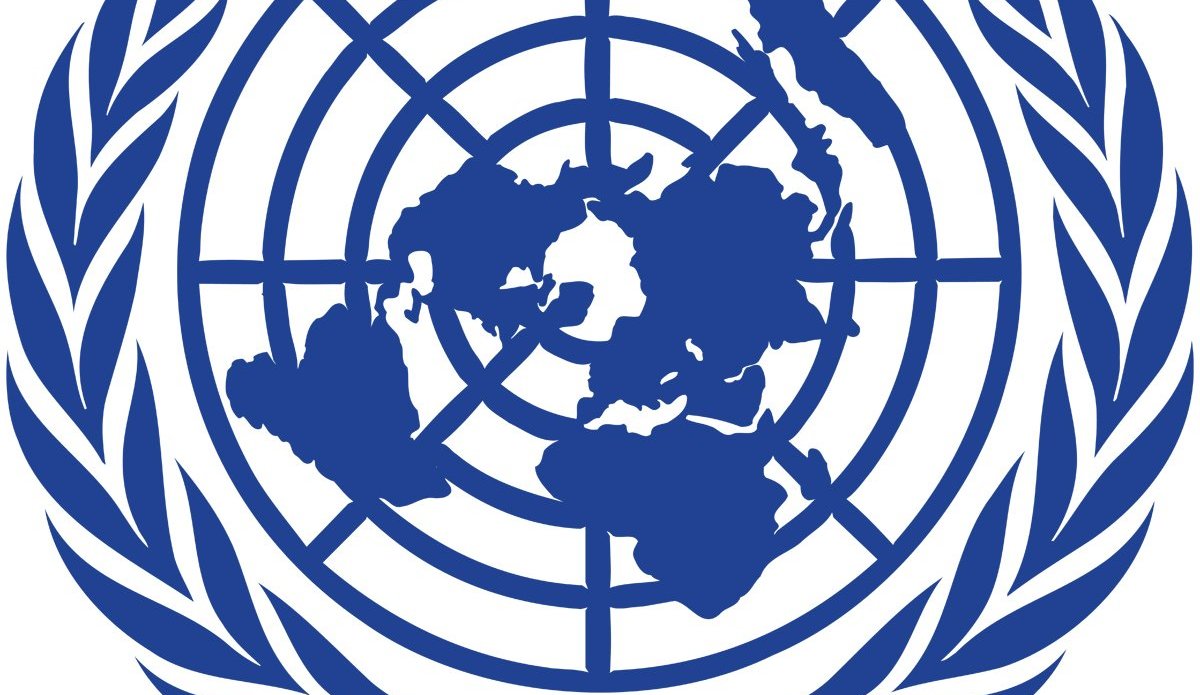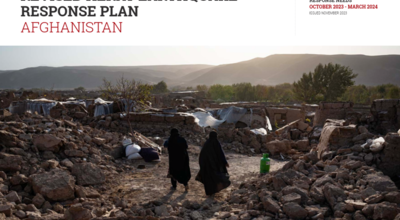Security Council discusses political situation in Afghanistan
KABUL - The toll of Afghanistan’s ongoing political impasse and the need for the formation of a government of national unity were among the main topics of discussion at the United Nations Security Council’s quarterly meeting on the country at UN Headquarters in New York on Thursday.
At the well-attended meeting, a number of Member State representatives voiced their concerns about the negative effect of the impasse on Afghanistan’s political, security and economic sectors.
As the country’s electoral commission prepares to announce the results from the 14 June presidential election run-off, the two presidential candidates have been in deadlocked talks on the formation of a government of national unity – along with a UN-supervised audit of the run-off results, the national unity government’s formation was a key part of an agreement reached by the candidates in order to resolve an earlier impasse on the electoral process.
In their statements to the Council meeting, the representatives of Germany and Iran noted that the impasse would have long-lasting effects, affecting faith in the electoral process and exacerbating security issues.
The representatives of Chile, Russia and the Republic of Korea were among several who were vocal about the importance of forming the national unity government, with the representatives of Australia and Japan among those who called for the two candidates to act in the national interest.
The importance of a national unity government in relation to ensuring regional stability and economic development was another theme that drew the representatives’ attention. The representative of China noted that once the impasse was resolved, the new administration needed to shift its focus on to the country’s economic situation. The representative of Japan echoed this, stating that managing the budget and developing sustainable growth would be among the government’s most pressing challenges.
With the civilian casualty rate having climbed in recent months, some Member State representatives – such as those of Spain, Luxembourg and Nigeria – expressed concern in this area, with the Spanish ambassador linking it to a need for political action by the new government.
Representatives of Chile and Luxembourg stressed the need to focus on human rights protections, especially for women and children, and consolidate the gains made over the past 13 years. The representatives of Lithuania and Canada called on Afghan leaders to fully implement both the Elimination of Violence Against Women Law and Security Council Resolution 1325 on Women, Peace and Security. The representative of the European Union stated that human rights and the rights of women must be priorities for an incoming government.
With Afghan National Security Forces (ANSF) assuming full responsibility for the country’s security needs by the end of the year, the issue of international community’s commitment to supporting the ANSF was also discussed.
Various representatives – including those of Australia, Canada, Lithuania, Poland and the United Kingdom (UK) – spoke of their plans for continued support for the Afghan security forces. Several representatives welcomed the declaration of continued support for Afghanistan made at the recent Wales summit of the North Atlantic Treaty Organization (NATO). The representatives of the United States of America and the UK referred to the anticipated signing of a bilateral security agreement with the new administration.
Many of the representatives at the Council meeting acknowledged and commended the role played by the United Nations – especially that of the UN Assistance Mission in Afghanistan (UNAMA), headed by the Secretary-General’s Special Representative for Afghanistan, Ján Kubiš – in supporting the Afghan election process and the country’s electoral institutions.
Mr. Kubiš briefed the Council meeting via video-teleconference from Kabul.
 UN
UN








